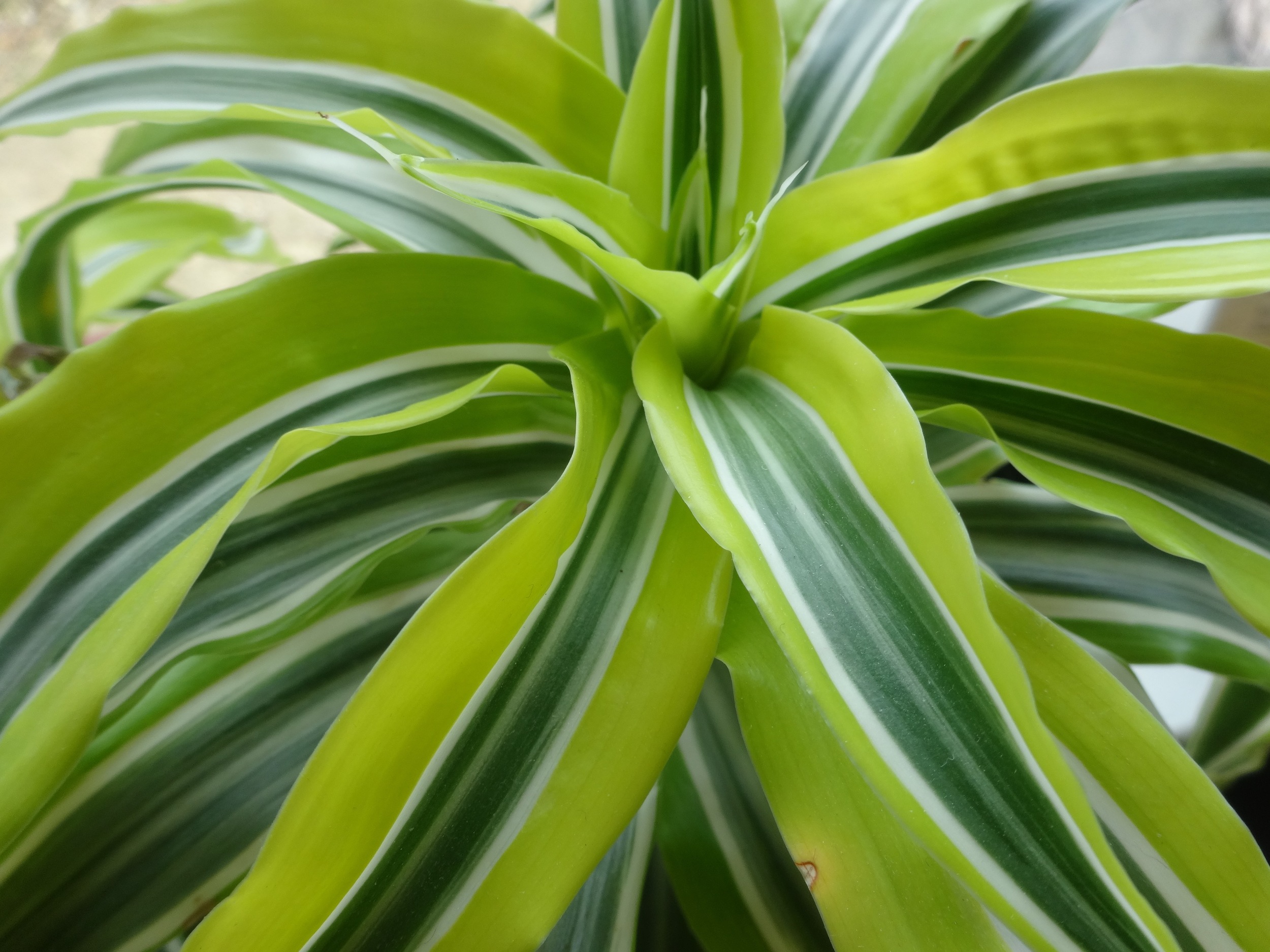I am currently researching live foods - and dead foods in juxtaposition. A lot of what you find at your local supermarket is dead food. Why such a horrendous name? Because food that's been manufactured (funny way to talk about food, no?) in a factory (yep, that's where breakfast cereal comes from, or processed cheese, or bottled dressing) has no life energy. Dead food is basically any food that comes in a carton and is sold in the center aisles of your supermarket. Food advocates have long recommended to shop the perimeter of your supermarket in order to eat better, where produce, fish and meat, bread and dairy are sold - although even supermarket meat (and fish), and supermarket dairy and breads are adulterated (which is a whole other chapter). So what are live foods? Food is created through a transformational process of sunlight into energy, photosynthesis. A raw green plant grown above ground is just about as live a food as you can get, as its relationship with the sun is so direct. So, salad in other words, leafy greens and anything raw, hence the recent craze over the Raw Food Movement. A tub of I Can't Believe It's Not Butter, or Cheez Whizz, or Funny Frosting in a tub is just about as far away from sunlight energy as you can possibly get - zero, zilch, nada life energy, empty calories, no minerals and vitamins for sure. The further removed from sunlight a food is, the less life energy it has. Meat is two steps removed from sunlight because the animal eats grass, which in turn grew with the help of sunlight. Meat from predators is yet further removed from sun energy, which may well be the reason why humans don't usually eat it (there are some exceptions with some indigenous tribes, as far as I know). Lion steak anyone?
Some of the alivest (is this a word?) food is sprouts, and leafy greens for example have more direct life energy than say root vegetables. Have you ever thought about the fact that some of the largest animals on this planet are plant eaters? Elephants, rhinos, cattle, hippos, dinosaurs (the largest of them all) are all greens eaters, whether grass or leaves. Wheatgrass and barley grass juice are some of the most healing potions you can ingest. Take a look at what you currently eat and consider adding more greens and more raw foods to your diet. It will increase your energy level.









